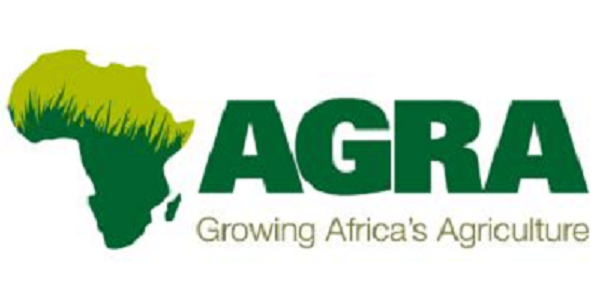
AGRA supports production of certified seeds
The Alliance for Green Revolution in Africa (AGRA) is supporting six local seed producers to breed 6,000 tonnes of certified seeds to support smallholder farmers in the northern part of the country.
The seed breeding project is themed: “Strengthening Ghana’s seeds system to enhance quality seed delivery” and is expected to reach 300,000 farmers in the targeted zones.
Four main crops, namely, maize, groundnut, cowpea and soya bean, which constitute the food products consumed daily by individuals in the country, are involved in the project.
The project, which was begun in October this year, is expected to end in September 2022 and will cost $376,802 in the end.
It is being implemented in partnership with the National Seed Trade Association of Ghana (NASTAG).
Project inception meeting
Speaking at the project inception meeting of a consortium of seed producers at Akyawkrom in the Ejisu municipality in the Ashanti Region yesterday, the Project Manager of NASTAG, Mr. Michael Dogoe, said AGRA would provide 80 per cent of the fund for the project, which translates into $301,000, while NASTAG will top up with $75,000.
He said even though there had been some interventions in the past to strengthen the seed system, “those interventions have not yielded many results, with much still left to be done”.
He attributed the system’s under-achievement to the poor storage of living tissues, technically known as ‘germplasm’, from which new plants could be grown, as well as weak institutional architecture for its implementation.
In addition, he said, the unfavourable policy and regulatory environment and the low application of technology were to blame.
According to him, the project sought to strengthen an earlier generation of seed production, as well as enhance the institutional architecture for regulating and certifying seeds for sustainable supply.
Target
At the end of the project tenure, Mr. Dogoe said, at least 50 seed producers would have been trained on seed quality control measures and one safety seed platform would also have been established.
Additionally, he said, the project would develop a database on the seed industry to provide forecast for at least 20 technology demonstration farms to enable them to promote varieties of maize, rice, cowpea and soya bean seeds.
The NASTAG Project Manager said the seeds would be sold to the recipient farmers at subsidised prices.
Irony
Even though the end-user farmers are in the north of the country, most of the early generation seed producers are found in the south and include the University of Ghana, Legon, the Kwame Nkrumah University of Science and Technology (KNUST), Kumasi and the Savanna Agricultural Research Institute (SARI) of the Council for Scientific and Industrial Research Institute (CSIR), Tamale.
